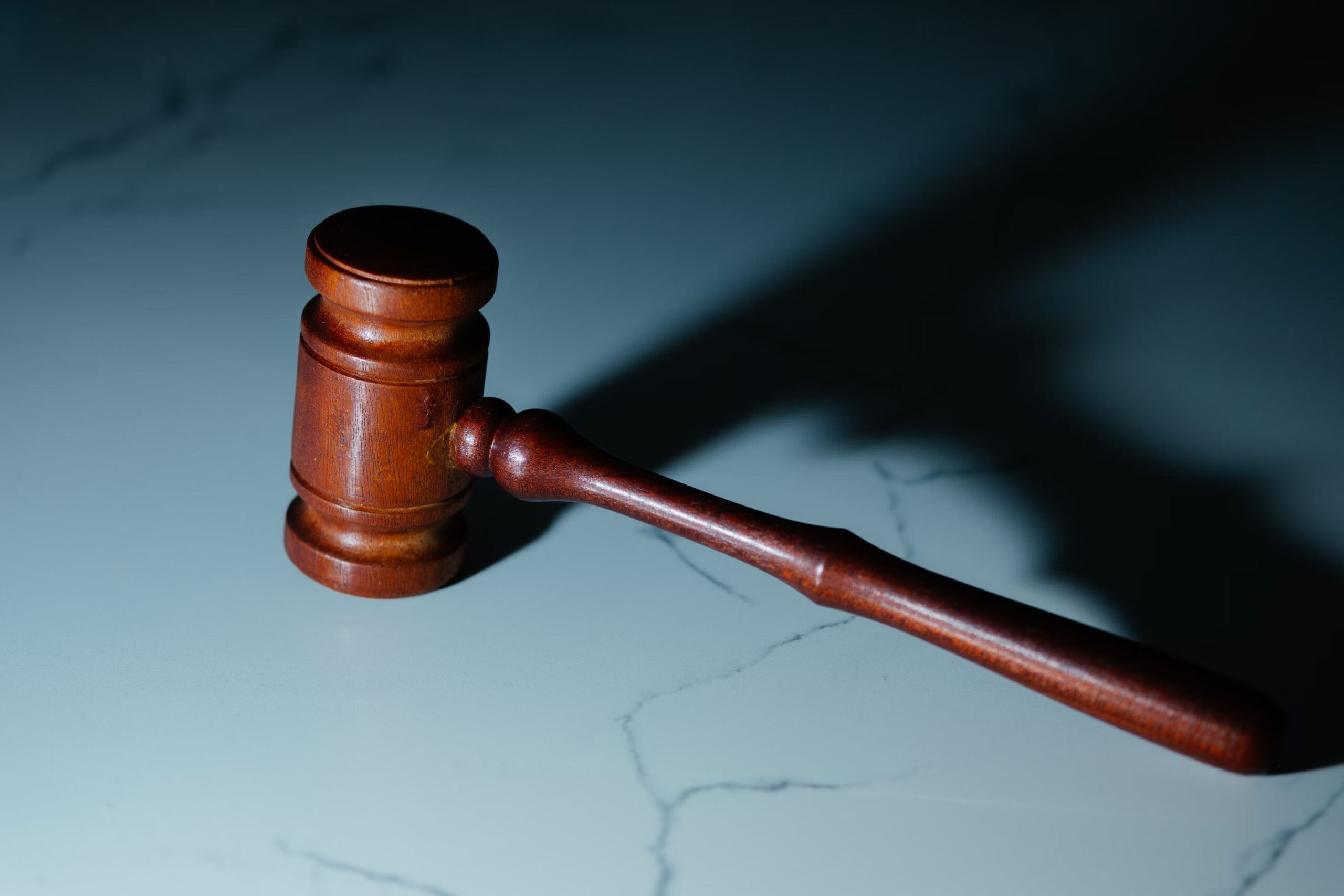
The High Court of England and Wales has issued a strong warning to lawyers about the risks of misusing artificial intelligence in their work. In a ruling that combined two recent cases, Judge Victoria Sharp stated that generative AI tools such as ChatGPT “are not capable of conducting reliable legal research.”
She emphasized that while these tools may produce coherent and plausible responses, those responses can be “entirely incorrect” and may include “confident assertions that are simply untrue.”
The ruling does not prohibit lawyers from using AI in their research, but stresses their professional obligation to verify the accuracy of AI-generated content by consulting authoritative sources before relying on it in their practice.
Growing Concern Over AI-Generated Errors in Court Filings
Judge Sharp expressed concern over the increasing number of cases where lawyers have cited AI-generated falsehoods in their submissions. Some of these lawyers represent major AI platforms, including in the United States. She highlighted that more action is necessary to ensure legal professionals follow proper guidance and uphold their duties to the court. The ruling will be shared with professional bodies such as the Bar Council and the Law Society.
In one case, a lawyer filing for damages against two banks included 45 citations in a court submission. Of these, 18 cases did not exist, and many others did not contain the quoted material, failed to support the cited propositions, or were irrelevant to the matter at hand.
In the other case, a lawyer representing a man evicted from his London home cited five cases that appeared to be fictitious. Although the lawyer denied directly using AI, she admitted the citations may have come from AI-generated summaries found through search engines like Google or Safari.
While the court chose not to initiate contempt proceedings in this instance, Judge Sharp made it clear that this should not be seen as a precedent.
Consequences and Professional Accountability
The judge warned that lawyers who fail to meet their professional responsibilities risk facing severe sanctions. Both lawyers involved have been referred or have referred themselves to professional regulators.
Judge Sharp noted the range of measures available to the court when lawyers do not fulfill their duties: these include public admonition, imposition of costs, contempt proceedings, and even referral to the police.
What The Author Thinks
The legal profession stands at a crossroads with AI’s growing role in research and case preparation. While AI can accelerate information gathering, unchecked reliance risks introducing errors that undermine justice. Lawyers must embrace technology cautiously, maintaining rigorous standards and accountability. Courts’ warnings highlight the vital need for clear protocols and education on AI’s limits to safeguard legal integrity in an evolving digital age.
Featured image credit: Wesley Tingey via Unsplash
For more stories like it, click the +Follow button at the top of this page to follow us.
